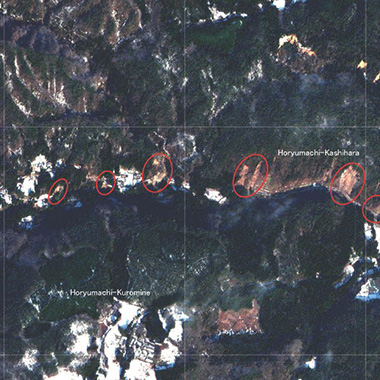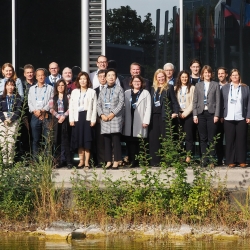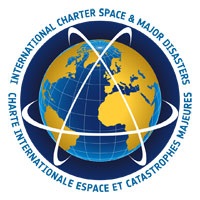Canada launches trio of satellites that will support disaster relief around the world
News
27 June 2019
Canada launches trio of satellites that will support disaster relief around the world
On 12 June 2019, Canada's RADARSAT Constellation Mission (RCM) was successfully launched into space aboard a SpaceX Falcon 9 rocket from Vandenberg Air Force Base, California.
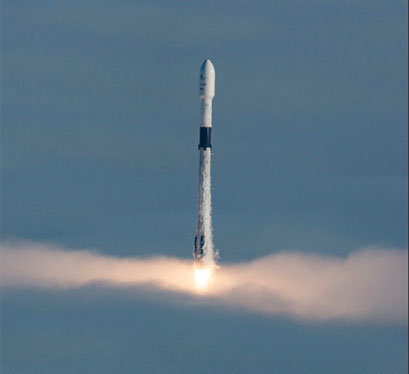
The RCM is the evolution of the RADARSAT program. It is a trio of Earth observation satellites capable of scanning Earth day or night and in any weather conditions. The three-satellite configuration allows for daily revisits of Canada's vast territory and maritime approaches, as well as daily access to 90% of the world's surface and the Arctic up to four times a day. The constellation is designed to provide effective solutions in maritime surveillance, ecosystem monitoring and disaster management.
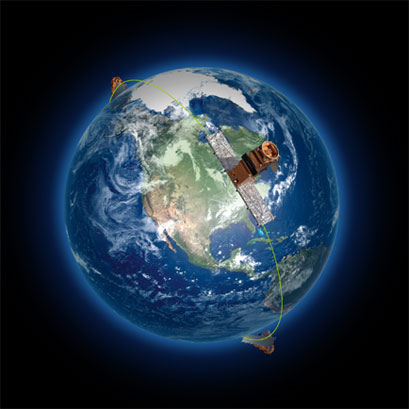
Since becoming a founding member of the International Charter in 2000, the Canadian Space Agency (CSA) has been providing data from its RADARSAT satellites to support relief efforts around the world. RADARSAT-1 operated until 2013 and contributed to relief operations in 244 disaster events. It was succeeded by RADARSAT-2, which is still in good working order after more than a decade in orbit. Once the RCM is commissioned in three to six months, it will begin providing data to assist search and rescue teams all over the world.
Every six months, a different member space agency takes on the role of Chair of the Charter. The CSA is serving as the Charter's lead agency until October 2019.

 English
English Spanish
Spanish French
French Chinese
Chinese Russian
Russian Portuguese
Portuguese
